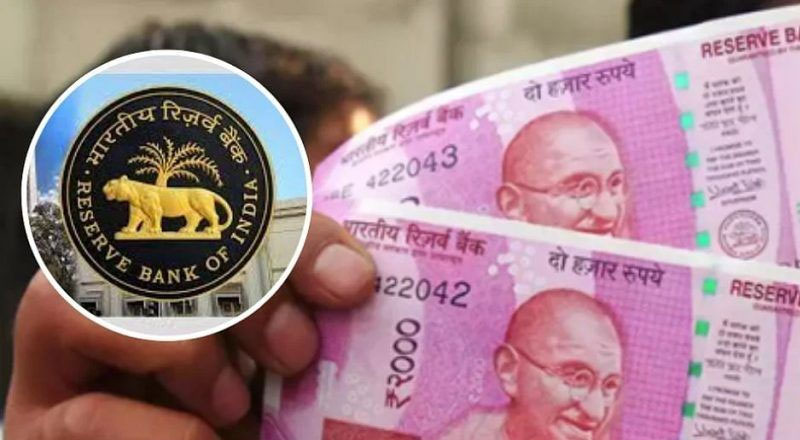- This is not demonetization. This is a statutory exercise. None of the points claimed by the petitioner impinge or deal with constitutional issues,”-RBI
- The petition has highlighted that cash transaction in high-value currency is the main source of corruption and is used for illegal activities.
- The petition has clarified that he was not challenging the decision to withdraw ₹ 2000 banknote but assailed the exchange of the currency without any slip or identity proof.
- RBI and SBI should ensure that ₹ 2000 banknotes are deposited in respective bank accounts only -the petitioner said.
The Reserve Bank of India (RBI) today told the Delhi High Court that the withdrawal of ₹ 2000 notes is not demonetization but a statutory exercise, and the decision to enable their exchange was taken for operational convenience. The court was hearing a plea by lawyer Ashwini Kumar Upadhyay that the notifications by the RBI and SBI enabling the exchange of ₹ 2000 banknotes without proof were arbitrary and against the laws enacted to curb corruption.
Mr. Upadhyay clarified that he was not challenging the decision to withdraw ₹ 2000 banknote but assailed the exchange of the currency without any slip or identity proof. He asserted that the exchange of ₹ 2000 banknote should be allowed through deposit in a bank account.
Senior advocate Parag P Tripathi, for the RBI, emphasized that the court cannot interfere in such matters, and the decision was taken to allow the exchange of the ₹ 2000 currency note for operational convenience. “This is not demonetization. ₹ 2000 banknote was not commonly used. Other denominations continue to meet currency requirements,” he said. “This is a statutory exercise. None of the points claimed by the petitioner impinge or deal with constitutional issues,” Mr. Tripathi added.
The petition has highlighted that cash transaction in high-value currency is the main source of corruption and is used for illegal activities like terrorism, naxalism, separatism, radicalism, gambling, smuggling, money laundering, kidnapping, extortion, bribing and dowry, etc. and the RBI and SBI should ensure that ₹ 2000 banknotes are deposited in respective bank accounts only. Depositing ₹ 2000 currency notes in bank accounts would ensure that people having black money and disproportionate assets could be identified easily, the plea has said.
On May 19, the Reserve Bank of India (RBI) announced the withdrawal of ₹ 2,000 currency notes from circulation and said existing notes in circulation can either be deposited in bank accounts or exchanged by September 30. The banknotes in ₹ 2,000 denomination will continue to be a legal tender, the RBI said in a statement.
In order to ensure operational convenience and to avoid disruption of regular activities of bank branches, the RBI has said exchange of ₹ 2,000 bank notes into banknotes of other denominations can be made up to a limit of ₹ 20,000 at a time at any bank starting from May 23.
In a communication to the chief general manager of all its local head offices, the State Bank of India (SBI) informed that the facility of exchange of ₹ 2,000 notes by the public up to a limit of ₹ 20,000 at a time will be allowed without obtaining any requisition slip.
(With inputs from agencies)





